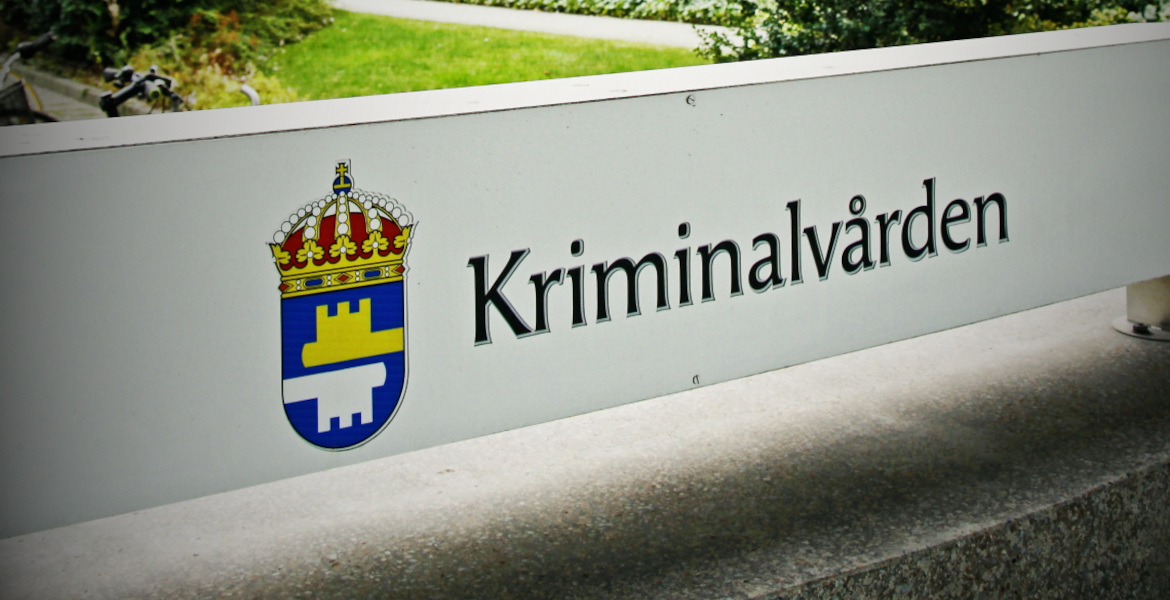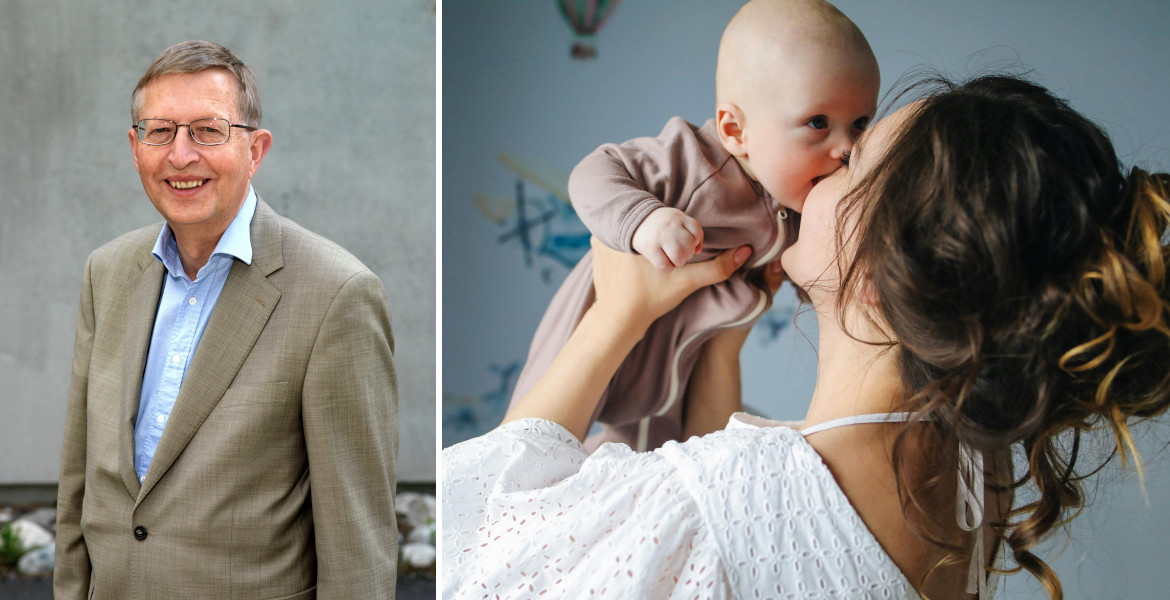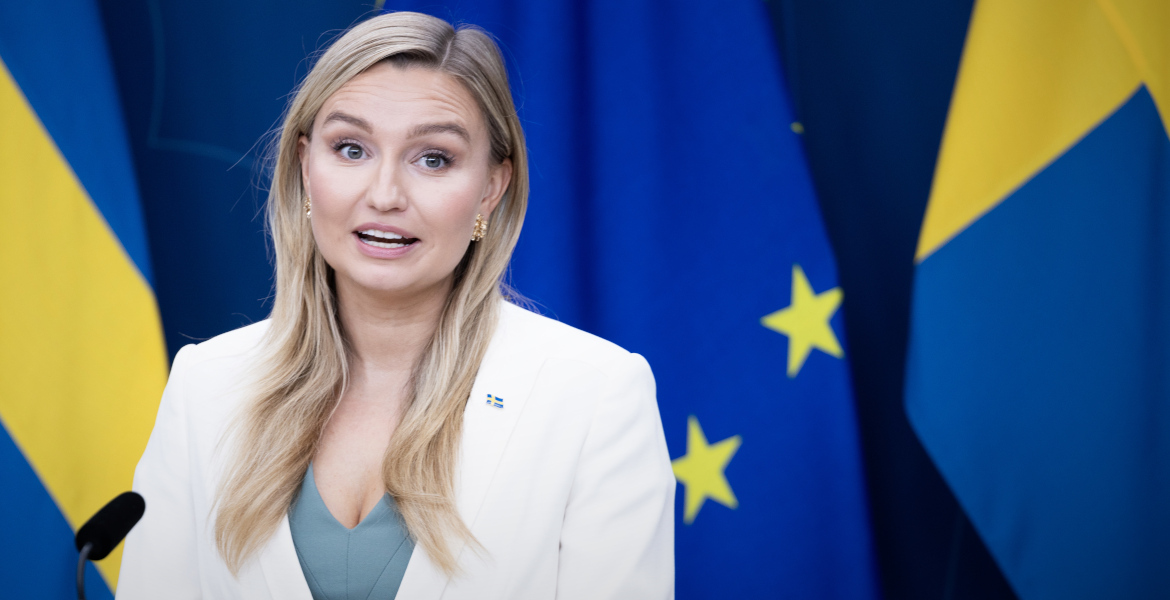Undersea telecommunication cables linking Finland and Germany, and Sweden and Lithuania have been severed within a 24-hour period. Significant communication breakdowns have been caused between the countries.
Investigations are underway, with authorities considering the possibility of sabotage.
On November 18 disruption to the C-Lion1 cable led to service outages, primarily affecting internet and data transmissions between Finland and Central Europe. Cinia, which manages the cable, has yet to confirm whether the damage was accidental or the result of external factors. The Finnish National Cyber Security Centre is also investigating the incident.
In a separate incident on Sunday, a cable running between Lithuania and Sweden in the Baltic Sea was damaged. The Swedish Prosecution Authority opened a preliminary investigation into a potential “sabotage”. NATO’s Maritime Centre for the Security of Critical Undersea Infrastructure is also working closely to assess the situation.
– Disturbances occur from time to time and there can be various reasons. For example, they are susceptible to weather and damage caused by shipping, said Samuli Bergström, communications chief at the Finnish National Cyber Security Centre.
– Fishing vessels accidentally damage cables with anchors, shared Martin Sjögren, a spokesperson for Telia, the Swedish telecommunications company affected by the damage.
– The timing is odd of course but we haven’t been able to examine it so we don’t know what caused it.
Meanwhile, another maritime incident occurred off Norway’s coast when a US submarine, the USS Virginia, became entangled in fishing nets while leaving Tromsø on November 18. The incident has prompted an investigation by the US Navy, but no injuries were reported.
Tapio Frantti, a professor of cybersecurity, pointed to the likelihood that the C-Lion 1 cable cut could be intentional, noting that Russia might have a motive for such actions.
– When a cable breaks, it raises questions as to why it happened [and] who might have a motive to do something like this, he added.
Meanwhile, European Commission Vice President Josep Borrell does not want to speculate on the nature of the incident.
– It would be irresponsible from my side to attribute this, let’s say incident or accident or whatever you want to call it, to anyone.
The unresolved destruction of the Nord Stream gas pipelines in the Baltic Sea in 2022 has heightened concerns about sabotage targeting critical infrastructure in the region,









